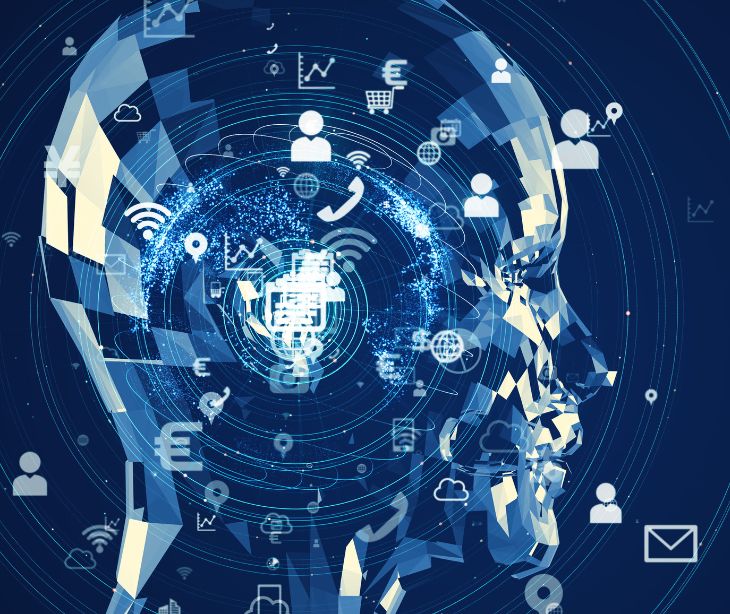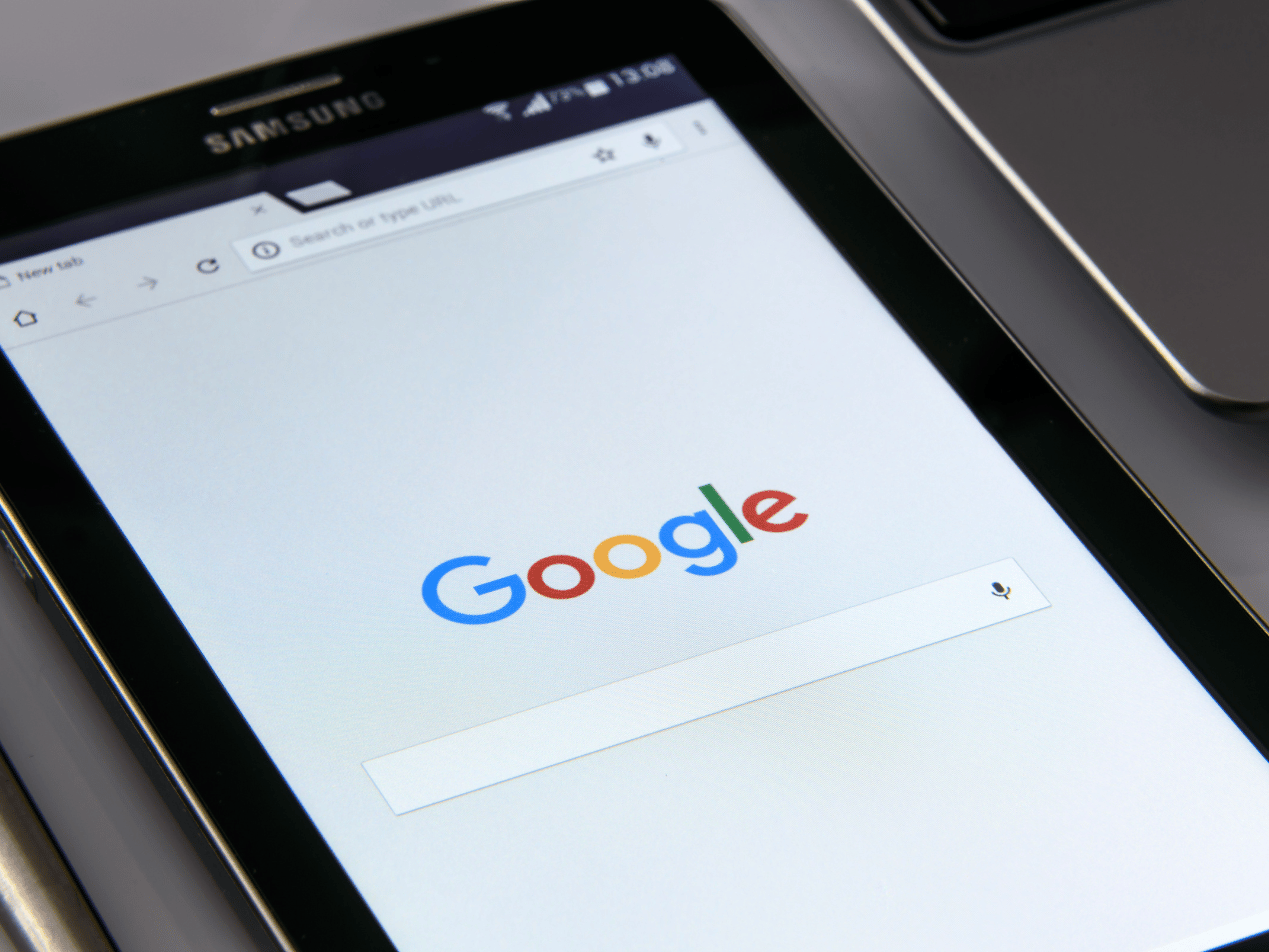
ChatGPT has the potential to transform the patient experience in mental therapy by offering personalized communication, simplified scheduling, self-assessment tools, guided exercises, and increased patient engagement.
Understanding ChatGPT in mental therapy
Research on artificial intelligence in healthcare and education defines AI as “the development of computer systems that can perform tasks that typically require human intelligence, such as perception, reasoning, and decision-making.”
Further explaining, “AI has the potential to bring about positive changes in healthcare and to empower patients by providing them with more control over their health. In recent years, AI has been used to improve the delivery of healthcare [by] providing personalized health information.”
ChatGPT operates as an AI-powered chatbot that interacts with patients using natural language processing (NLP), enabling personalized responses and support. Its implementation in mental therapy offers several benefits:
Personalized communication
ChatGPT facilitates personalized communication, allowing patients to express themselves freely and receive immediate, empathetic responses. This fosters a supportive therapeutic environment where patients feel heard and understood, promoting trust and rapport with their therapist.
Streamlined scheduling
Scheduling therapy appointments can be a barrier for patients. ChatGPT simplifies this process by enabling patients to schedule, reschedule, and receive reminders seamlessly. This convenience reduces administrative burdens, making it easier for patients to prioritize their mental health.
Self-assessment and guided exercises
Empowering patients to engage in self-assessment and home exercises, ChatGPT provides tailored exercises based on individual needs. Patients can track their progress and receive guidance, enhancing their commitment to therapy and promoting adherence to treatment plans.
Improved patient engagement
Through personalized care and accessible support, ChatGPT enhances patient engagement in therapy. Patients receive relevant information, support between sessions, and resources to manage their mental health effectively. This holistic approach reduces anxiety and boosts confidence in the therapeutic process.
Read more: A quick guide to using ChatGPT in a HIPAA compliant way
Implementing ChatGPT in mental therapy practice
Integrating ChatGPT into your mental therapy practice can be straightforward and impactful. Here's a structured approach:
- Select a suitable ChatGPT platform: Choose a reliable platform that meets your practice's needs, ensuring it supports secure and confidential interactions.
- Customize for patient needs: Personalize the chatbot to align with your therapeutic approach, incorporating language and features that resonate with your patients.
- Train with relevant information: Equip the chatbot with detailed knowledge about mental health topics, therapy techniques, and your practice's services to provide accurate support.
- Integrate across channels: Integrate the chatbot into your website and other communication channels to expand its accessibility to patients. This integration enhances patient engagement and supports continuity of care.
- Monitor performance and gather feedback: Regularly assess the chatbot's performance and gather patient feedback to refine its capabilities. Continuous improvement ensures the chatbot remains effective in supporting therapeutic outcomes.
Read also: Are AI-generated therapy notes HIPAA compliant?
Benefits of ChatGPT in mental therapy practice
- Enhanced patient satisfaction: Personalized support and accessible communication improve patient satisfaction and loyalty to your practice.
- Time efficiency: Automated scheduling and reminders reduce administrative tasks, allowing therapists to focus more on patient care.
- Increased patient engagement: Interactive features and personalized guidance motivate patients to actively participate in therapy, leading to better treatment adherence and outcomes.
- Competitive advantage: Adopting innovative technologies like ChatGPT demonstrates your practice's commitment to modern, effective therapy methods, setting you apart in the mental health care landscape.
Related: Personalized patient education, HIPAA, and AI
FAQs
Is ChatGPT user-friendly for patients?
Yes, ChatGPT is designed to be intuitive and accessible, catering to patients of various ages and backgrounds.
Can ChatGPT provide medical advice?
No, ChatGPT does not replace professional therapy. It offers support, information, and guidance within therapeutic boundaries.
Can ChatGPT replace in-person therapy sessions?
No, ChatGPT complements traditional therapy by providing additional support and tools. In-person sessions remain necessary for assessment and treatment.
Go deeper:
Subscribe to Paubox Weekly
Every Friday we'll bring you the most important news from Paubox. Our aim is to make you smarter, faster.




